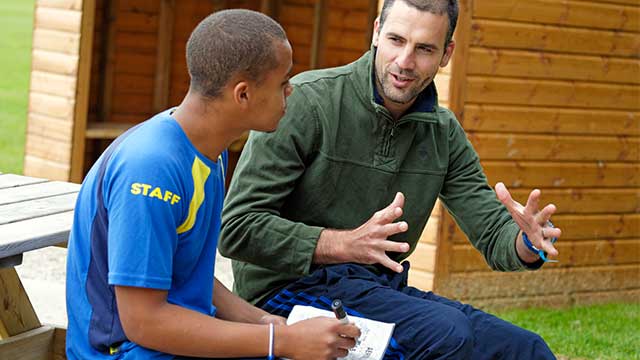Reducing Paperwork for School Trip Organisers
Teachers have to do their fair share of paperwork (more than their fair share, some might argue) and when it comes to organising a school trip, filling in forms is an essential part of the planning process. Special dietary requirements, swimming ability and medical conditions are just some of the things teachers and trip providers need to be aware of in order to keep children safe and well on their school trip. And before a trip can really get off the ground two crucial factors, risk assessments and learning outcomes need to be addressed.
Look for the badge of quality
But help is at hand. The Quality Badge, awarded by the Council for Learning Outside the Classroom (CLOtC) is the first national award to combine the essential elements of activity provision for school trips - learning and safety - into a single recognisable and trusted accreditation scheme. In essence, it's a reliable short-cut for any teacher planning a school trip. Choose a LOtC accredited provider for your trip and you can be confident in the learning and safety credentials of that provider.
Links to learning
For school trips provided by PGL, many teachers take advantage of PGL Learnlink™ to save them time during the planning process. This online resource details how PGL's activity and study courses are linked to the curriculum.
Meeting the requirements of the curriculum
Take PE for example: the English national curriculum programme for study for KS2 states, "Pupils should be taught to take part in outdoor and adventurous activity challenges both individually and within a team." The KS3 programme expands the idea to include, "....adventurous activities which present intellectual and physical challenges," and goes on to say that pupils should be "....encouraged to work in a team, building on trust and developing skills to solve problems, either individually or as a group." Both the national curriculum for Wales and the Scottish Curriculum for Excellence place a similar emphasis on developing skills and teamwork.
A quick visit to Learnlink confirms that activities such as raft building, dragon boating and challenge course all have learning outcomes involving pupils working together as a team in order to overcome challenges and complete tasks. Learnlink for study courses such as KS3 Geography or A level Geology detail how the study courses meet the requirements of the curriculum and the different exam boards.
So if you book a school trip with PGL, whether it's skiing in Europe, carrying out fieldwork on the Jurassic Coast or canoeing down the Ardeche Gorge, Learnlink reduces the amount of time you spend filling in forms and helps you reassure parents, colleagues and governors that your trip will be time away from the classroom well spent.
by PGL Travel.
 MyPGL
MyPGL 0333 321 2100
0333 321 2100




